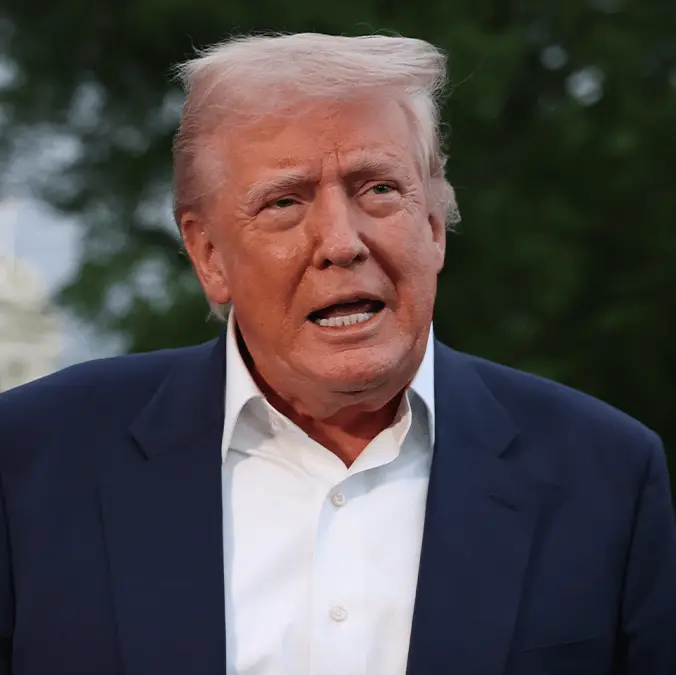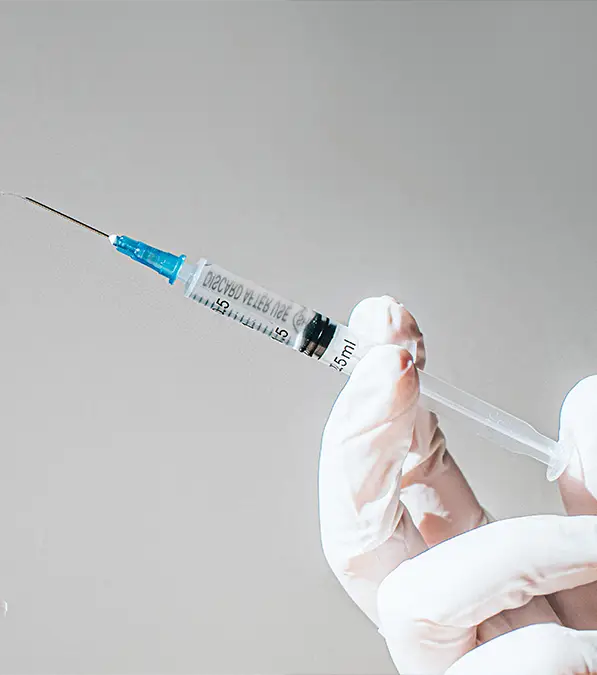
In a move that's raised eyebrows across the scientific community, the Trump administration has committed $500 million in funding for a flu vaccine that relies on outdated technology, leaving experts questioning the rationale behind the decision.
The grant, announced on May 1, is part of the government's effort to develop a broadly protective flu shot, but many are puzzled by the choice to back a project that uses methods abandoned decades ago.
The vaccine in question is being developed by scientists Jeffrey Taubenberger and Matthew Memoli, who have been tapped by Donald Trump’s administration for leadership roles at the National Institutes of Health (NIH).
Despite their credentials, the project has been met with criticism due to its reliance on technology that many consider to be antiquated.
Advert
The vaccine, which uses a technique from the 1940s to inactivate flu viruses, is viewed as “so last-generation, or first-generation, it’s mind-blowing,” according to Rick Bright, the former head of the Biomedical Advanced Research and Development Authority (BARDA) under the Trump administration.

While some applaud the administration for supporting vaccine development, critics argue that the move is a gamble with limited scientific backing.
William Schaffner, a professor at Vanderbilt University and past president of the National Foundation for Infectious Diseases, said: "Focusing vast resources on a single vaccine candidate is a little like going to the Kentucky Derby and putting all your money on one horse".
“In science, we normally put money on a number of different horses because we can’t be entirely sure who's going to win.”
What makes this decision even more perplexing is that the vaccine’s approach has been largely outdated since the 1970s. The method used to inactivate the virus, which involves a carcinogenic chemical called beta-propiolactone, was abandoned due to its association with higher side effects like fevers and seizures, especially in children.
With the development of more effective and safer technologies over the past few decades, this approach feels like a step backwards rather than forward.
The project's backers, however, are enthusiastic about the vaccine’s potential. The goal is to create a shot that can protect against multiple strains of the flu, eliminating the need for annual flu shots.

HHS Secretary Robert F. Kennedy Jr. has praised the initiative, calling it a “decisive shift toward transparency, effectiveness, and comprehensive preparedness.”
But the reality is, the technology behind the vaccine isn't exactly ground-breaking. In fact, it’s not new at all. This approach is already being explored by more than 200 other flu vaccine efforts underway worldwide, many of which use more modern techniques.
The $500 million grant appears to have come from the Project NextGen fund, which was previously designated for advancing COVID-19 vaccine research. This has caused concern among some scientists, who argue that the decision to allocate such a substantial amount of money to this particular project risks hindering more advanced research.
Greg Poland, a flu expert at the Atria Health Academy of Science and Medicine, said: “It’s very concerning that we’re de-emphasising Covid, which we may live to regret”.
Despite the mounting scepticism, the administration remains firm in its support for the project, stating that it will lead to “radical transparency, public accountability, and freedom from commercial conflicts of interest.” However, given the long road ahead for the vaccine's development, many experts believe the funds would have been better spent elsewhere.
At the end of the day, this $500 million bet on outdated vaccine technology has raised more questions than answers, leaving the scientific community divided.
